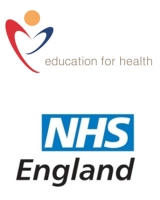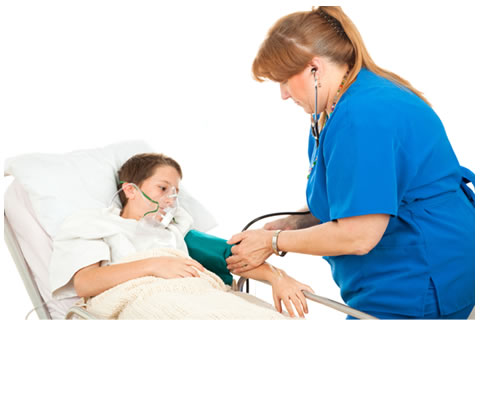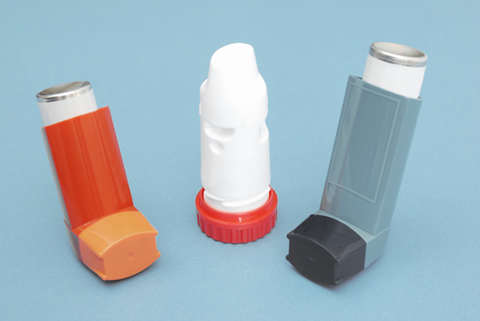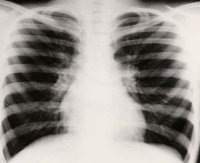Pharmacological and Non-Pharmacological Management of Asthma in Children



Description
This session provides an introduction to the pharmacological and non-pharmacological therapeutic options for the management of asthma in children. As a long-term medical condition ongoing management is the key to control and patient safety.
Learning Objectives
By the end of this session you will be able to:
- Identify methods for assessing inhaler technique and adherence
- Explain the role of non-pharmacological management
- Describe the purpose of regular ongoing treatment in asthma
- List the broad groups of drugs used in the long-term management of asthma in children and identify examples of each
- Describe the phased approach to managing asthma in children
This is the third of five related sessions on the impact, diagnosis and management of asthma in children.
In this session, we will explore the pharmacological and non-pharmacological approaches that can be used to maintain asthma control and ensure patient safety.
Poor control of asthma increases the risk of asthma attacks which are potentially life-threatening.
Before starting this session, you may wish to complete:
- Introduction to Asthma and its Diagnosis in Children (714-2001)
- Overview of Routine Asthma Monitoring in Children (714-2002)
Viv has 25 years’ experience of clinical practice in the NHS in both primary and secondary care and joined Education for Health in 2013 as the Clinical Lead for Asthma and Allergy.
She believes that excellence in education for healthcare professionals is the key to improving health outcomes for people with asthma and allergy. Identifying people with poor disease control and helping them to improve their disease management through shared decision making and action planning is essential if we are to improve quality of life for people with asthma and allergy and prevent avoidable deaths.
In addition to her educational role, Viv also works part time in primary care reviewing and managing patients with respiratory disease.
She has a number of additional professional interests including a role on the editorial board for a nursing journal, writing for publication and is a member of the Asthma UK Council for Health Professionals.
Viv is also on the committee for the National Paediatric Respiratory and Allergy Nurses Group, where she leads on primary care issues, and was a panellist on the National Review of Asthma Deaths.

- Personality Disorders course
- Posted By eIntegrity Healthcare e-Learning
- Posted Date: 2025-01-05
- Location:Online
- This session discusses the concept of personality disorders, and considers some of the commonest pre...
- Self-harm course
- Posted By eIntegrity Healthcare e-Learning
- Posted Date: 2025-01-05
- Location:Online
- This session defines self-harm, considers some of the myths surrounding people who self-harm and dis...
- Psychological Therapies for Common Mental Health P...
- Posted By eIntegrity Healthcare e-Learning
- Posted Date: 2025-01-05
- Location:Online
- This session considers some of the psychological therapies that are available for adults and why the...
- Medically Unexplained Symptoms course
- Posted By eIntegrity Healthcare e-Learning
- Posted Date: 2025-01-05
- Location:Online
- This session aims to explain what medically unexplained symptoms (MUS) are and how best to help pati...
- Physical Health Care for People With Severe Mental...
- Posted By eIntegrity Healthcare e-Learning
- Posted Date: 2025-01-05
- Location:Online
- Patients with severe mental illness (SMI) have significantly worse health outcomes than in the gener...








